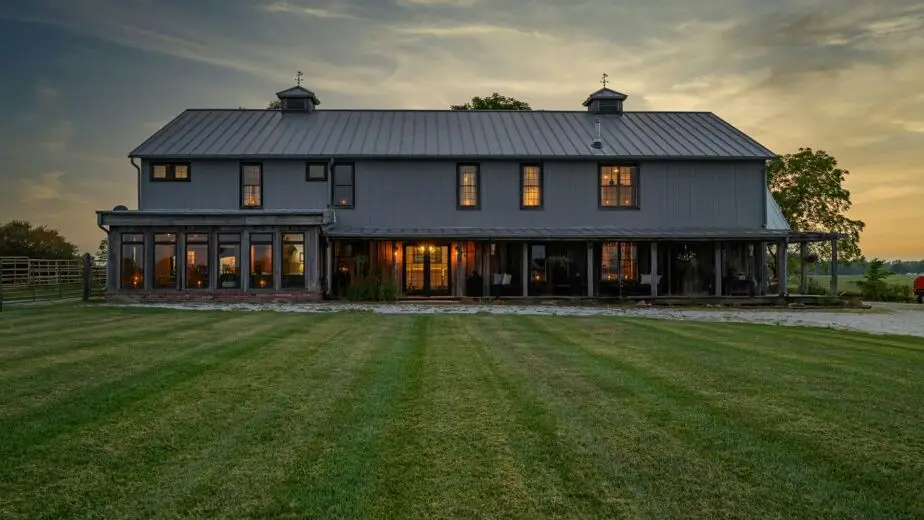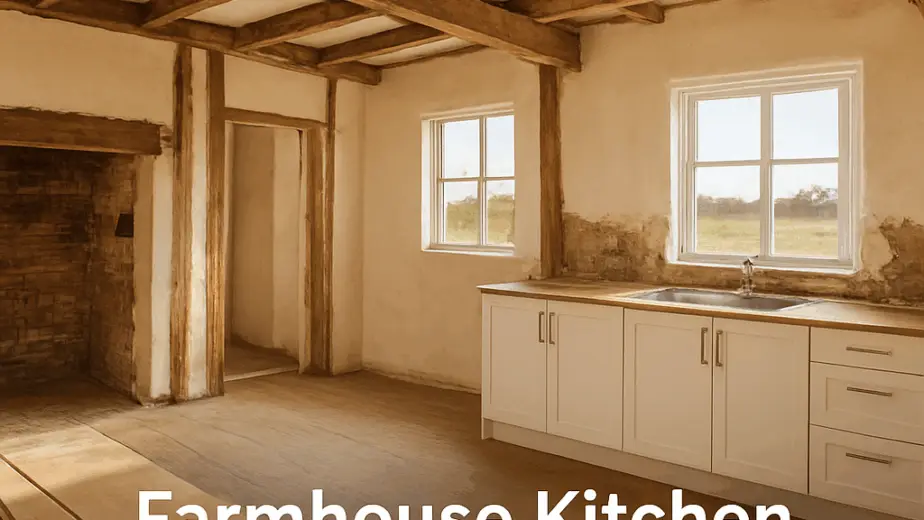Budgeting Secrets for Successful Construction Farm Projects
Managing costs on a farm construction project can be challenging. From building a new farmhouse or machinery shed to upgrading fencing, storage, or rural infrastructure, unexpected expenses can quickly add up. Successful projects start with a clear financial strategy.
In this post, we’ll reveal the budgeting secrets for successful construction farm projects so you can save money, reduce risks, and achieve lasting results.
1. Start with a Detailed Scope of Work
The number one budgeting mistake is starting without a clear plan. A detailed scope of work should include:
Project objectives and priorities
Accurate drawings and specifications
A breakdown of building stages
This eliminates guesswork and provides a baseline for comparing contractor quotes.
2. Understand True Project Costs
Farm builds involve more than just materials and labour. Include allowances for:
Council fees, approvals, and permits
Soil testing and site preparation
Services such as water, power, and drainage
Insurance and compliance costs
Tip: Always ask your contractor to separate overheads and builder’s margin from actual construction costs.
3. Build in a Contingency Fund
Every farm project faces unexpected issues, such as hidden structural problems or supply chain delays. Add 10–15% of the total budget as a contingency reserve. This ensures you can manage surprises without financial stress.
4. Compare Quotes Beyond the Bottom Line
The cheapest quote isn’t always the best. When assessing tenders, compare:
Quality of materials specified
Inclusions and exclusions
Warranties and guarantees
Experience with rural and farm projects
Choosing a contractor who understands farm construction in NSW can save you money long term by avoiding costly mistakes.
5. Stage Your Farm Construction Project
If funds are limited, consider staging your build. Prioritise essential structures first, such as sheds, fencing, or water infrastructure, and plan for future upgrades. This approach spreads costs and keeps your farm operational.
6. Factor in Farm-Specific Challenges
Rural builds often face challenges not seen in urban construction, such as:
Transportation costs for materials
Weather delays (flooding, drought, high winds)
Access roads for heavy machinery
Anticipating these costs early ensures your budget reflects real-world conditions.
7. Negotiate Provisional Sums and Prime Costs
Builders often include Provisional Sums (PS) and Prime Cost (PC) allowances in contracts. These are estimates that can fluctuate. To stay in control:
Request realistic allowances based on local supplier quotes
Clarify what happens if costs exceed the allowance
Document all variations in writing
8. Invest in Long-Term Savings
Sometimes spending more upfront saves money over time. Consider:
Durable materials that reduce maintenance
Solar power and rainwater harvesting systems
Energy-efficient insulation and ventilation
These upgrades lower running costs and future-proof your farm.
9. Track Costs Throughout the Build
A budget isn’t set-and-forget. Keep records of:
Invoices and receipts
Variations and approvals
Progress payments tied to milestones
Regularly comparing actual costs against budget helps you spot overruns early.
10. Seek Professional Advice
Farm construction is a major investment. Consulting with a building consultant can:
Verify contractor quotes
Identify hidden risks
Provide independent advice on cost control
This ensures your budget is realistic and protects you from disputes later.
Conclusion
A successful farm construction project relies on smart budgeting as much as skilled workmanship. By setting a clear scope, anticipating true costs, and planning for contingencies, you can avoid common financial pitfalls.
Whether you’re building in Tamworth, Armidale, Gunnedah, or across the New England region, applying these budgeting secrets will help you deliver projects on time, within budget, and with confidence.




